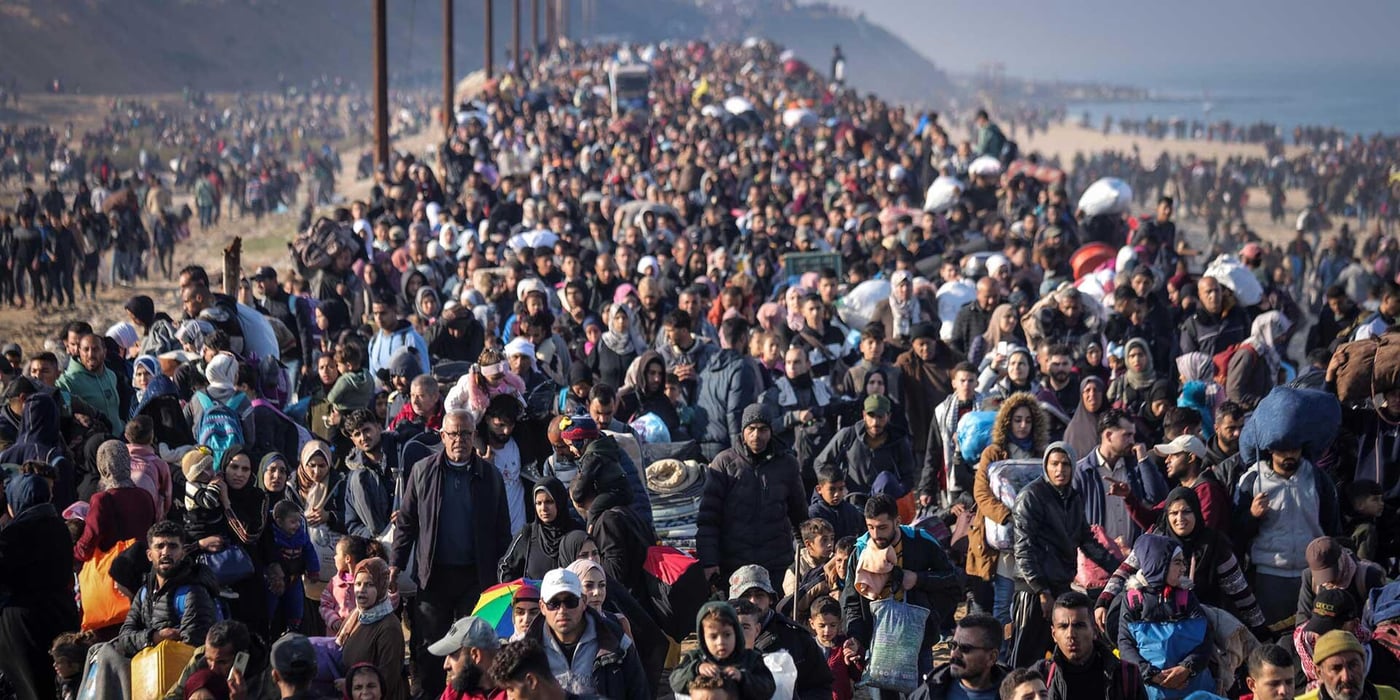Despite more than US$4 billion invested in justice in conflict-affected and developing countries in one year alone, displaced women are still denied their housing, land and property rights during and after conflict, according to an NRC report launched today. The report shows that returnee women in Afghanistan are evicted from family homes after divorce. In Gaza they miss out on shelter when it is allocated to male heads of households. And in South Sudan returning widows are denied inherited land by customary authorities.
“Our legal assistance work has uncovered the magnitude of the discrimination facing displaced women who seek to claim their housing, land and property rights. Neither humanitarians nor governments are doing enough to tackle discrimination against women in conflict and disaster regions,” says NRC’s Secretary General Jan Egeland.
During conflict and displacement, women face exacerbated discrimination: as women, as refugees, as poor people, and as members of ethnic or religious minorities. This worsens their already limited access to justice. Yet the humanitarian community often struggles to do more than restore the pre-conflict status quo.
“Even in the midst of conflict, we can and must seize opportunities to achieve greater equality through our interventions. We can do this by challenging discriminatory laws and practices that undermine not only women and girls’ rights, but also the effectiveness of humanitarian aid,” adds Egeland.
The report also argues that humanitarians can perpetuate discrimination and limit women’s access to justice when they neglect to work with traditional or religious authorities. The women surveyed for this study favoured seeking justice through these institutions because they are often the only option available to them. Humanitarians can achieve better results if they work with women and with traditional institutions to help them uphold women’s rights.
“If we do not fight ourselves for our rights, no one will do it for us,” said Safiya Khalil, a Palestinian refugee woman living in a Palestinian ‘gathering,’ or informal settlement, in south Lebanon, and a recipient of NRC’s legal assistance. She is a member of the Popular Committee of the Qasmieh Gathering, the local governing body.



